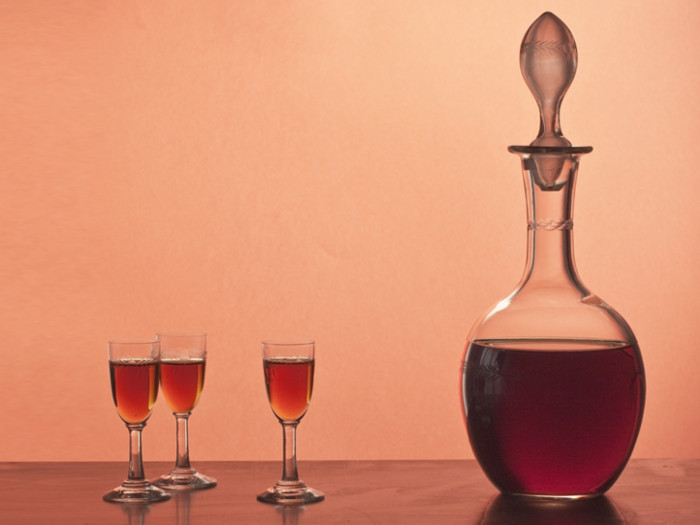Like many European wines, Marsala is named after the town where it originated, which is found in Sicily, Italy. This versatile wine may surprise you with its many uses and health benefits.
What is Marsala Wine?
Marsala is a fortified wine, meaning that additional alcohol is added after fermentation. The process originated to preserve wine on long ocean journeys, but this potent product still remains popular today. The relative sweetness and the varietals of grapes used are what distinguish different styles of Marsala.

Marsala originates in Sicily. Photo Credit: Shutterstock
Marsala wine can be found in three colors, including the following: [1]
- Gold (dry)
- Amber (semi-sweet)
- Ruby (sweet)
It is most popular as a cooking wine, and you can find a good quality bottle for around $10 that can easily last for a month on the counter. More and more chefs are advocating for people to enjoy Marsala on its own, so don’t turn away from a fine bottle if you see it.
Marsala Nutrition Facts
Sweet wine tends to contain more sugar than dry wine. Due to its high alcohol content and powerful flavor, serving sizes should be small. A one-quarter cup contains 30-40 calories, so drink responsibly, particularly if you are trying to watch your weight or caloric intake. [2]
Uses for Marsala Wine
The many uses of Marsala wine include the following:
- The dry version is most commonly used in chicken Marsala. [3]
- You can use the sauce made from this wine in mushrooms, carrots, and pork.
- Use the sweet variety of Marsala for dessert.
- You can make a sauce for fruits or other sweet.
- If you are cooking with it, don’t forget to save a few ounces, slightly chilled, to be consumed as a digestif.
If you are looking for Marsala wine substitutes, you can head over to 6 Best Marsala Wine Substitutes for more details.
Risks & Side Effects
The risks involved with drinking excessive alcohol can be short term such as violence and injuries to long-term health risks such as chronic diseases. According to the Centers for Disease Control and Prevention, people who should not drink alcohol include women who are pregnant, individuals younger than 21 years of age, and people who are recovering from alcoholism or cannot control the amount they drink. Also, it should be avoided by people who are planning to drive or any other activity that required focus and skill. However, different countries have different rules on alcohol purchase and consumption. [4]
Also, cooking with alcoholic beverages results in only some loss of alcohol content. Foods baked or simmered in alcohol can retain anywhere from 4 percent to 85 percent of the alcohol, according to a study by the U.S. Department of Agriculture’s Nutrient Data lab. [5]
